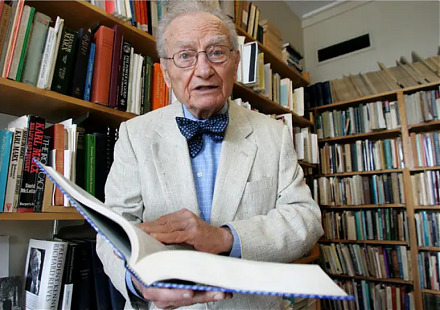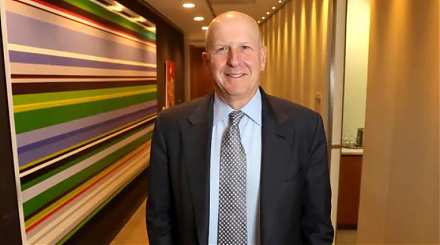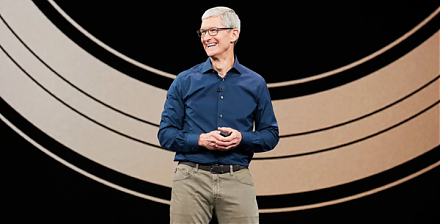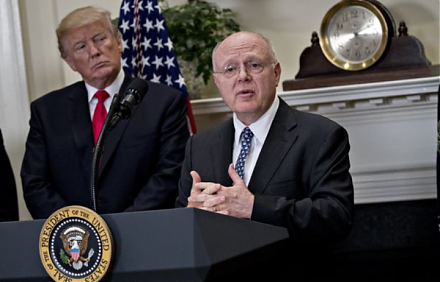

2019-08-09 18:35:00 Fri ET
stock market competition macrofinance stock return s&p 500 financial crisis financial deregulation bank oligarchy systemic risk asset market stabilization asset price fluctuations regulation capital financial stability dodd-frank
Nobel Laureate Joseph Stiglitz maintains that globalization only works for a few elite groups; whereas, the government should now reassert itself in terms of both redistribution and regulation. The rich elite interest groups have better social and economic opportunities than others. From education to the family stock ownership of public companies, the elite groups perpetuate their socioeconomic advantages from generation to generation.
In most tech-savvy sectors, a few dominant tech titans such as Facebook, Apple, Microsoft, Google, and Amazon (F.A.M.G.A.) now reinforce almost insurmountable barriers to entry. Under the Trump administration, banks and insurance companies face less stringent macroprudential rules and regulations; public corporations and high net-worth residents enjoy lower income taxes; big biotech and pharmaceutical corporations and health insurance providers exploit millions of American patients with astronomical medicine prices.
However, U.S. real wages stagnate for the bottom echelon of American society in the 60 years from 1959 to 2019. The key policy debate calls for greater government investments in higher education, infrastructure, tech innovation, and environmental sustainability. The Federal Reserve should herald core interest rate normalization to better ensure inflation control, maximum sustainable employment, and financial market stabilization. Meanwhile, the Treasury should exercise fiscal prudence and discipline in national debt and budget deficit management.
If any of our AYA Analytica financial health memos (FHM), blog posts, ebooks, newsletters, and notifications etc, or any other form of online content curation, involves potential copyright concerns, please feel free to contact us at service@ayafintech.network so that we can remove relevant content in response to any such request within a reasonable time frame.
2018-01-03 08:38:00 Wednesday ET

President Trump targets Amazon in his call for U.S. Postal Service to charge high delivery prices on the ecommerce giant. Trump picks another fight with an
2023-05-14 12:31:00 Sunday ET

Paul Samuelson defines the mathematical evolution of economic price theory and thereby influences many economists in business cycle theory and macro asset m
2020-02-26 09:30:00 Wednesday ET

Goldman Sachs follows the timeless business principles and best practices in financial market design and investment management. William Cohan (2011) M
2022-04-25 10:34:00 Monday ET

Corporate ownership governance theory and practice The genesis of modern corporate governance and ownership studies traces back to the seminal work
2018-06-11 07:44:00 Monday ET

Facebook, Apple, Amazon, Netflix, and Google (FAANG) have been the motor of the S&P 500 stock market index. Several economic media commentators contend
2018-10-15 09:33:00 Monday ET

Several pharmaceutical companies now switch their primary focus from generic prescription drugs to medical specialties such as cardiovascular medications an